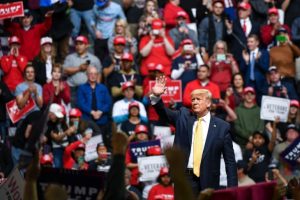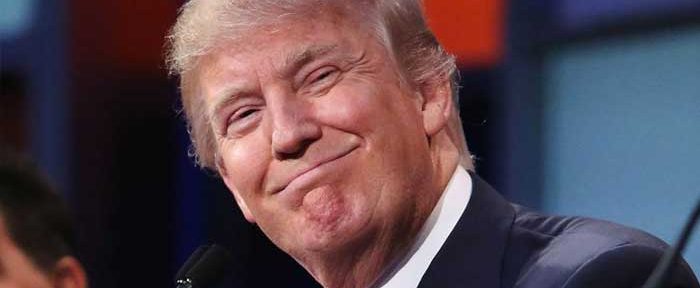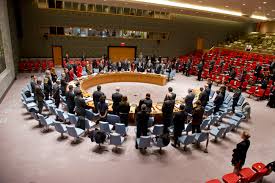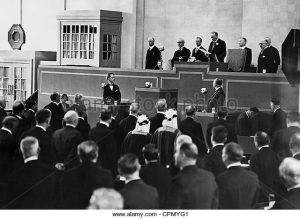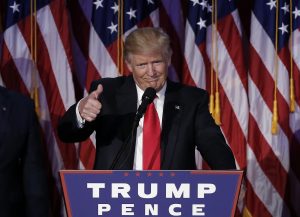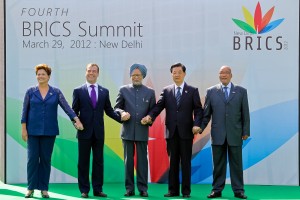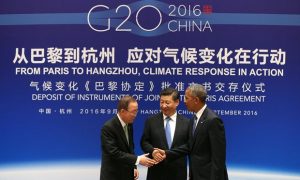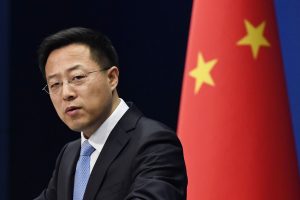 When it comes to China’s current foreign policy, phrases such as “Wolf-Warrior Diplomacy” (WWD) and “Belt and Road Initiative” (BRI) frequently appear. The name WWD originates from a Chinese film series, “Wolf Warrior”, which depicts a patriotic solider battling foreign powers and mercenaries. Nowadays, many refer to China’s increasingly strong statements and assertive diplomatic declarations as WWD.
When it comes to China’s current foreign policy, phrases such as “Wolf-Warrior Diplomacy” (WWD) and “Belt and Road Initiative” (BRI) frequently appear. The name WWD originates from a Chinese film series, “Wolf Warrior”, which depicts a patriotic solider battling foreign powers and mercenaries. Nowadays, many refer to China’s increasingly strong statements and assertive diplomatic declarations as WWD.
On the other hand, BRI refers to global infrastructure development projects led by China to promote international cooperation, multilateralism, and trade. It may appear that these two sets of foreign policy approaches rather conflict. However, the phrase “A Community of Shared Future for Mankind” (人类命运共同体), a part of the official narrative of China’s foreign policy may have led to both of these contrasting approaches. What is “A Community of Shared Future for Mankind”? How does this phrase explain trends in China’s recent foreign policies including WWD and also BRI?
What is “A Community of Shared Future for Mankind”?
By literal translation, the above phrase means “A Community of Shared Fate for Mankind” (SF) rather than, as it is often expressed in English, “A Community of Shared Future for Mankind”. SF suggests a global order described by China’s President Xi Jinping encompassing the shared rights and responsibility of each nation in terms of “politics, security, economy, culture, and environment” in a globalized world. In President Xi’s words SF is: “to build A Community of Shared Future for Mankind [to] construct a beautiful and clean world with long lasting peace, general security, mutual prosperity, openness, and inclusivity”. At a United Nations Economic and Social Council (ECOSOC) meeting in July, 2020, China’s Foreign Minister Wang Yi argued that China will push to build SF by promoting multilateralism in accordance with international laws and “… denounce global hegemony and protectionism”. These and other remarks by China’s leaders demonstrate, it would seem, the Chinese Communist Party’s (CCP) ambition to achieve greater global influence, and that China is prepared to work with all nations to build a SF. Indeed, not all nations may be agreeable with the ideology of SF. It is inevitable that the CCP will face some frictions when it tries to expand the influence of SF in the world. Therefore, the CCP may have to use a tailored approach in its foreign policies to push its SF agenda.
SF as an Umbrella term for China’s Foreign Policy
President Xi has publicly made statements such as “[the CCP] will reference history and create the future. It must continuously push and construct A Community of Shared Future for Mankind”. Under this guidance, top Chinese officials have made clear that China’s foreign policy will revolve around SF. China’s approach to global order, then, promotes politically correct topics such as climate change, global disparity, and it also opposes terrorism and hegemony. Although it encourages cross-cultural exchange, it makes no explicit mention of protecting the rights of marginalized communities. The vague language in the SF permits CCP officials greater flexibility in deciding what kind of matters are consistent with the SF and therefore align with President Xi’s agenda.

